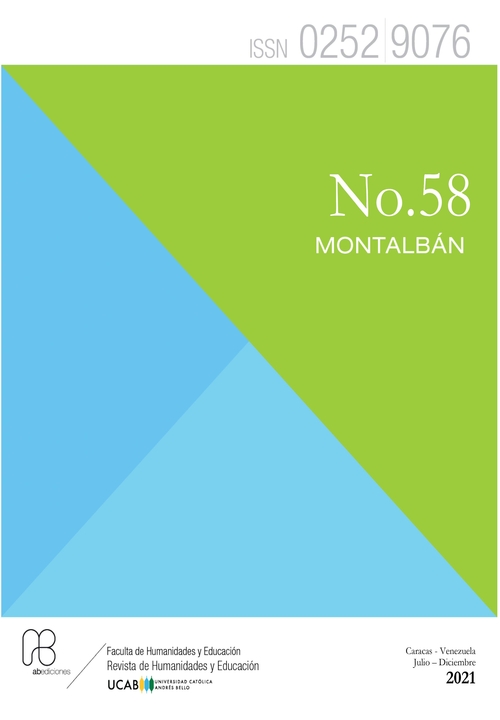Los Diputados Novohispanos en las Cortes de Cádiz (1810-1813): Problemas y estado de la cuestión
DOI:
https://doi.org/10.62876/rm.v1i58.5180Palabras clave:
Constitución de Cádiz, Cortes de Cádiz, Diputados novohispanos, SacerdotesResumen
La doble conmemoración bicentenaria de la Constitución de Cádiz y de las Independencias americanas nos permite abordar una serie de cuestiones y protagonistas más o menos manipulados por la historia. Y en primer lugar la masonería que a raíz de las Cortes de Cádiz cobró una inusitada importancia a ambos lados del Atlántico, cuando en realidad hoy día nos preguntamos por un protagonismo que en gran parte está todavía por demostrar. Y en segundo lugar el centro de atención es la presencia de los diputados americanos y más en particular los novohispanos que fueron los más numerosos. De ahí el interés por conocer quienes fueron esos parlamentarios y cual su ideología y los principales problemas que abordaron, tanto más que de 23 diputados novohispanos, catorce eran sacerdotes, de los que unos fueron perseguidos y encarcelados, acusados de masones, por Fernando VII a su regreso en 1814, y otros, que firmaron el “Manifiesto de los Persas”, premiados con obispados.
En el breve repaso biográfico de todos y cada uno de los diputados novohispanos, el que más destaca es precisamente el representante de Tlaxcala, José Miguel Guridi y Alcocer, quien lideró con Miguel Ramos Arizpe, ambos sacerdotes, uno de los temas centrales de discusión: la defensa de la representación americana en las Cortes y la igualdad de derechos de los indios, así como el estatuto de las “castas” pardas, es decir con mezcla de sangre africana.
Aspectos en los que entraba en juego el concepto de soberanía nacional, el abolicionismo total y la igualdad social y política de todos los españoles tanto americanos como europeos.
Palabras clave: Constitución de Cádiz, Cortes de Cádiz, Diputados novohispanos, Sacerdotes.
Descargas
Citas
José Antonio Ferrer Benimeli, “Las Cortes de Cádiz, América y la Masonería”, en La Guerra de conciencias. Monarquía o independencias en al mundo hispánico y lusitano.[Ed. Milena Koprivitza et alii], Tlaxcala, Gobierno del Estado de Tlaxcala-Universidad Iberoamericana, 2010, pp. 201-244.
El 29 de enero de 1810 la Junta Suprema dispuso la creación de un Consejo de Regencia que se hiciera cargo del poder ejecutivo una vez disuelta la Junta. Estaba compuesto de cinco individuos: Pedro de Quevedo y Quintana, obispo de Orense, el general Castaños, Francisco deSaavedra, Antonio Escaño y Esteban Fernández de León, que pronto fue sustituido por Miguel de Lardizábal y Uribe. Miguel Pino Abad, “El Consejo de Regencia y su papel en la convocatoria de las Cortes de Cádiz”, en Cortes y Constitución de Cádiz. 200 años[Dir. José Antonio Escudero], Madrid, Espasa, 2011, t. II, pp. 190-197.
Archivo Nacional de Colombia. Bogotá, tomo XXXIII, Reales Cédulas y Ordenes. Archivo anexo, fol. 313. Cfr. facsímil fotográfico en El marqués de Valdelomar, El Estado y la Masonería, Madrid, Prensa Española, 1972, p. 22.











